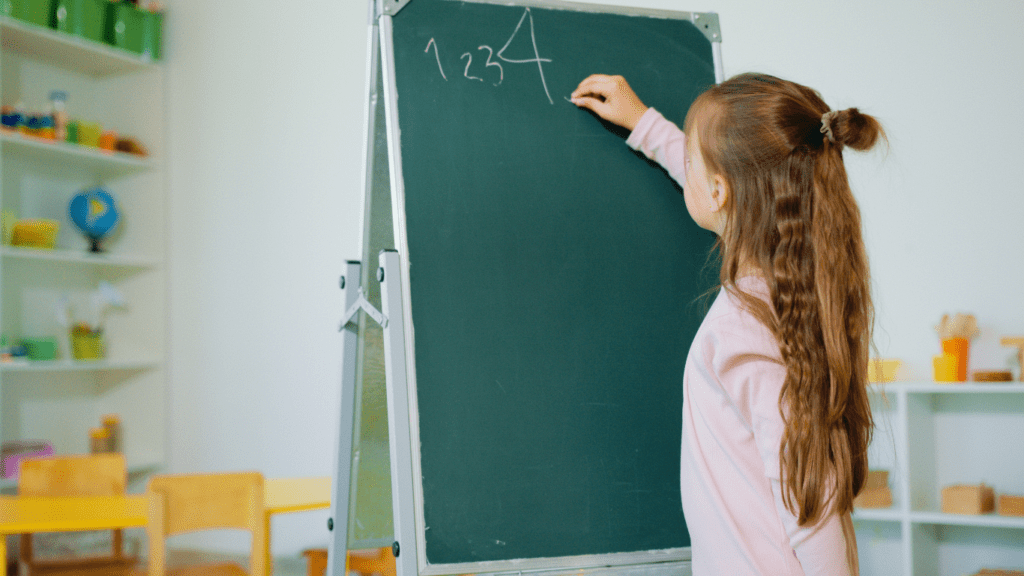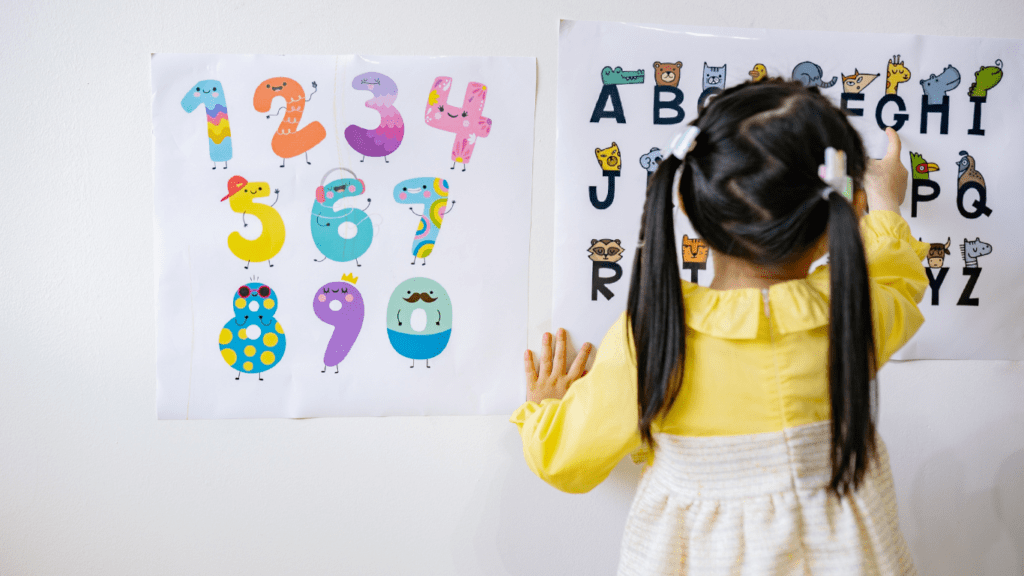Navigating the intricate world of preschool years can be both exciting and challenging for parents and educators alike. As a crucial period in a child’s development, the preschool years lay the foundation for their social and emotional growth. Understanding the nuances of this critical phase is key to supporting children in building essential skills for future success.
In this article, I’ll delve into the fascinating realm of social and emotional development in the preschool years. From fostering healthy relationships with peers to managing emotions effectively, these formative years play a pivotal role in shaping a child’s overall well-being. Join me as we explore practical strategies and insights to nurture the social and emotional development of young children during this crucial stage of their lives.
Importance of Social and Emotional Development in Preschoolers
Emotional intelligence plays a vital role in a preschooler’s development. Understanding and managing emotions at a young age can positively impact their overall well-being and future success. As young children navigate their social interactions and emotional experiences, they are building essential skills that will benefit them in various aspects of life.
Benefits of Emotional Intelligence
I firmly believe that developing emotional intelligence in preschoolers can lead to improved relationships, better academic performance, and enhanced mental health. By honing their ability to recognize and express emotions effectively, children can establish healthier connections with peers, teachers, and family members. This skill set not only fosters empathy and understanding but also equips them to handle challenges and conflicts with resilience.
Relationship Between Social Skills and Future Success
In my experience, I’ve observed a direct correlation between a child’s social skills in preschool and their future success. Strong social skills, such as communication, cooperation, and problem-solving, lay a solid foundation for thriving in academic settings, workplaces, and relationships later in life. By nurturing these abilities early on, we empower children to navigate social complexities, collaborate effectively, and exhibit leadership qualities as they grow older.
Key Milestones in Social and Emotional Development
I’ll now delve into key milestones in preschoolers’ social and emotional development to provide a deeper understanding of these crucial aspects.
Recognizing Emotions in Self and Others
Understanding emotions, both in oneself and others, is a significant milestone in a preschooler’s social and emotional development. At this stage, children begin to identify and label various emotions like happiness, sadness, anger, and fear. They also learn to express their feelings through words, gestures, and facial expressions. Recognizing emotions in others helps preschoolers develop empathy and build stronger relationships. Encouraging children to talk about how they feel and why they feel that way can aid in this milestone.
Developing Empathy and Social Interaction
Empathy, the ability to understand and share others’ feelings, is a crucial skill that develops during the preschool years. It allows children to connect with their peers, show compassion, and develop meaningful relationships. Preschoolers start to grasp the concept of empathy by recognizing when someone is upset or happy and responding appropriately. Engaging in pretend play, group activities, and discussions about emotions can enhance a child’s empathy and social interaction skills. Teaching preschoolers to take turns, share toys, and consider others’ feelings fosters a sense of empathy and enhances their social interactions.
Challenges in Social and Emotional Development
As I delve deeper into the social and emotional development of preschoolers, it’s essential to address the challenges they may encounter along the way. Understanding these challenges can help caregivers and educators provide the necessary support for children to navigate through this crucial stage successfully.
- Common Behavioral Issues
In preschool years, children may exhibit various behavioral issues that stem from their still-developing social and emotional skills. It’s common for preschoolers to struggle with sharing toys, taking turns, and managing their emotions effectively. Tantrums, defiance, and difficulty in expressing feelings verbally are typical behavioral challenges during this stage. These behaviors are often a result of preschoolers trying to make sense of their emotions and establish their place in social interactions. - Impact of External Factors
External factors can significantly influence a preschooler’s social and emotional development. Issues such as family dynamics, parenting styles, exposure to media, and interactions with peers can impact how children perceive and regulate their emotions. Family conflict, lack of emotional support, or exposure to stressful environments can hinder a child’s emotional growth. Positive influences from caregivers, a nurturing environment, and healthy social interactions can contribute to a preschooler’s emotional resilience and ability to form secure attachments.
In addressing these common behavioral issues and recognizing the impact of external factors, caregivers and educators play a vital role in supporting preschoolers’ social and emotional development. By offering guidance, understanding, and creating a supportive environment, adults can help children navigate these challenges and build a strong foundation for their future well-being.
Strategies to Support Development in Preschoolers
Role of Parents and Caregivers
As a parent or caregiver, my involvement plays a vital role in supporting my preschooler’s social and emotional development. By providing a nurturing and supportive environment at home, I can help my child navigate through the various challenges they may face. It’s important for me to model positive behaviors, such as empathy and effective communication, as children often learn by observing adults around them. Creating consistent routines and setting clear boundaries can also help instill a sense of security and predictability for my preschooler.
Educational Approaches and Activities
When it comes to supporting my preschooler’s social and emotional development through educational approaches and activities, I focus on incorporating play-based learning into their daily routine. Engaging my child in activities that promote cooperation, problem-solving, and emotion regulation can significantly contribute to their overall well-being. Encouraging social interactions with peers through supervised playdates or group activities can help my preschooler develop essential social skills like sharing, taking turns, and resolving conflicts in a constructive manner. Additionally, exposing my child to diverse experiences and cultures through books, music, and art can foster empathy and understanding of others’ emotions.



